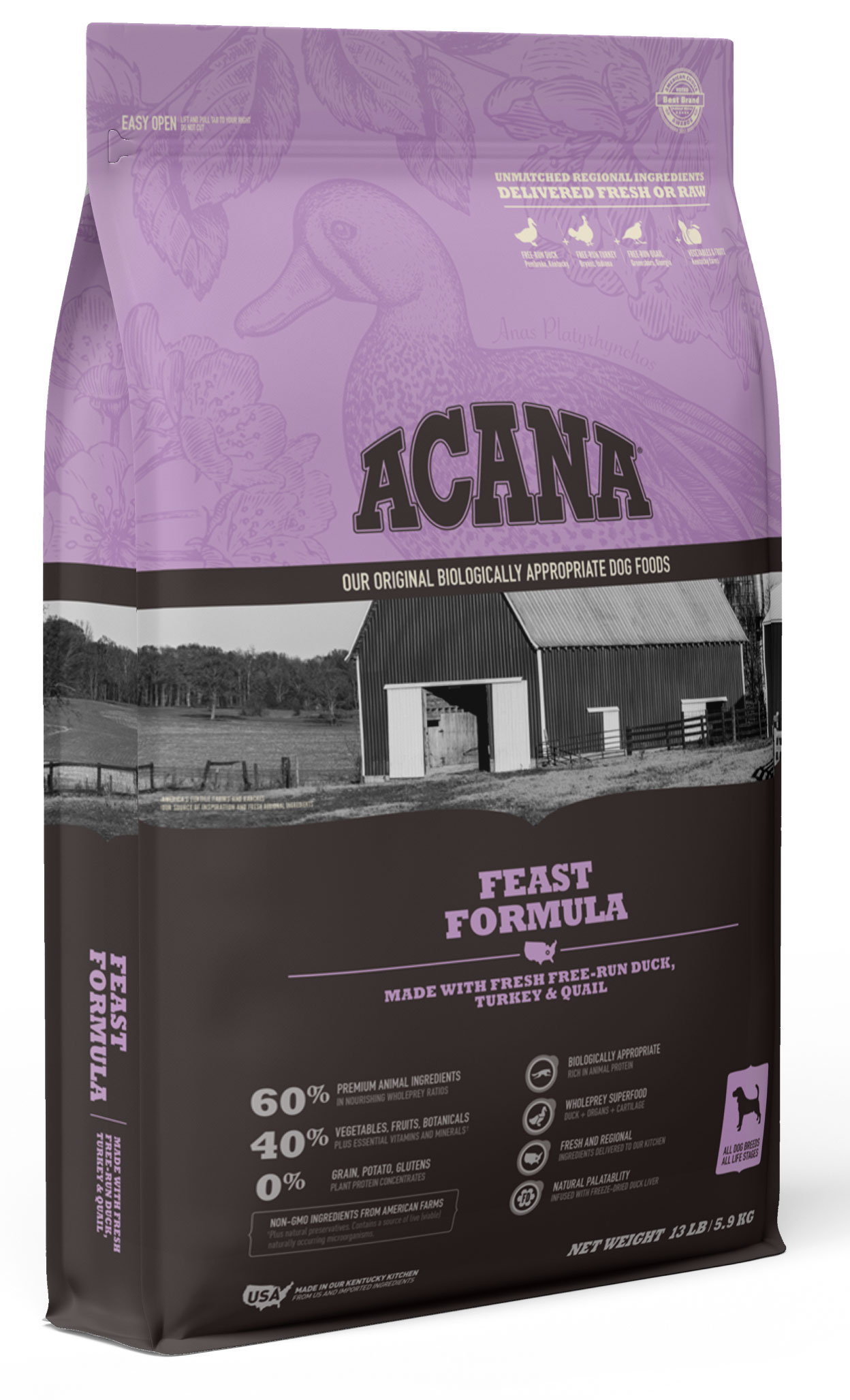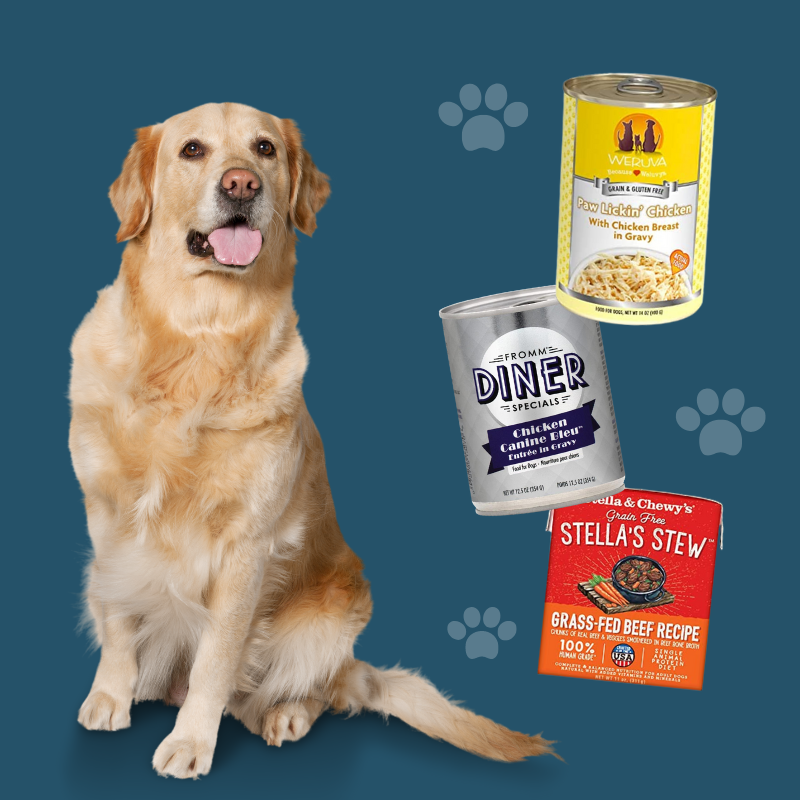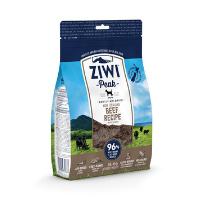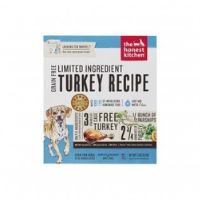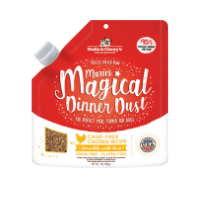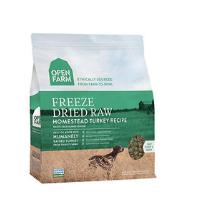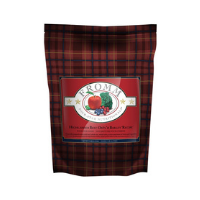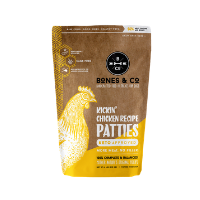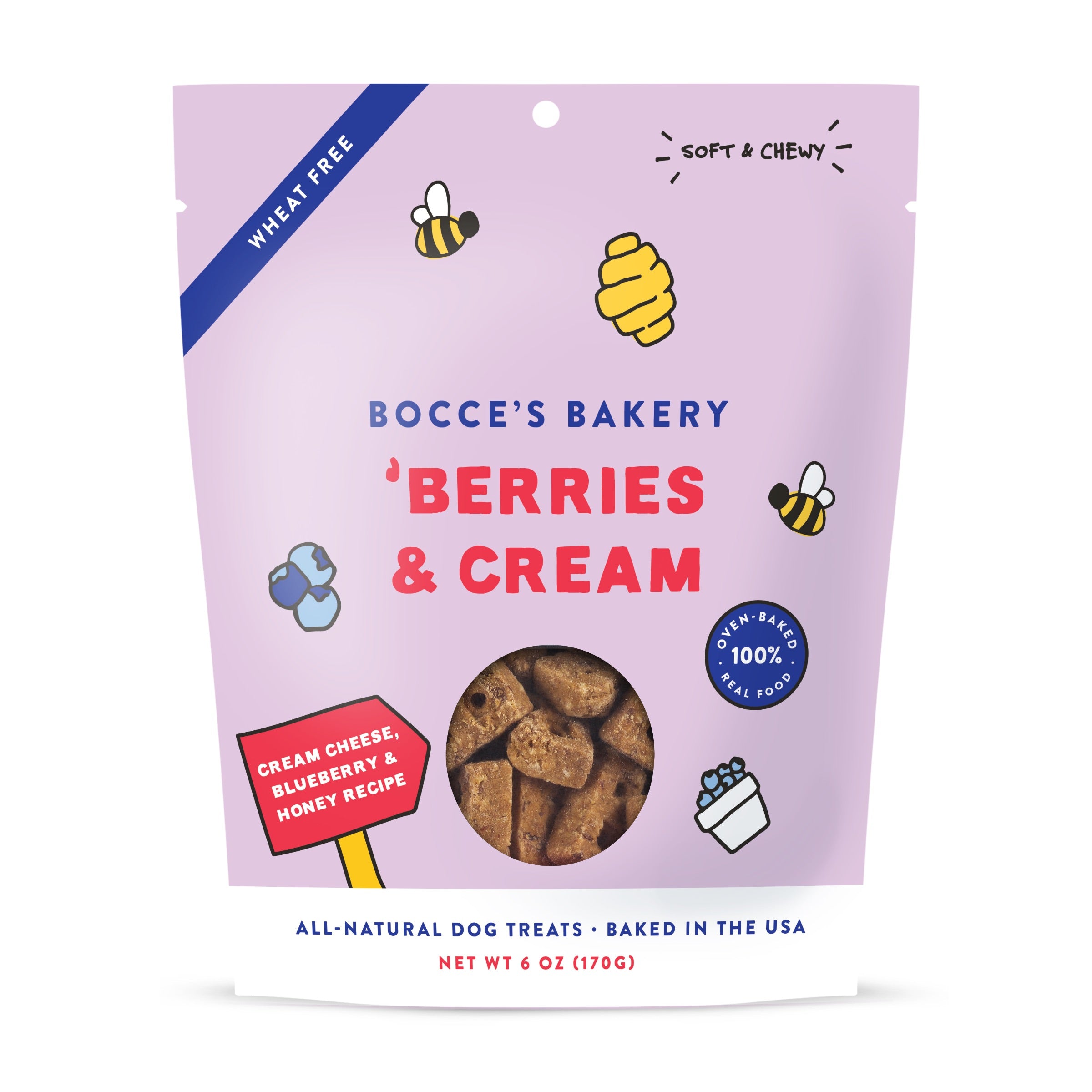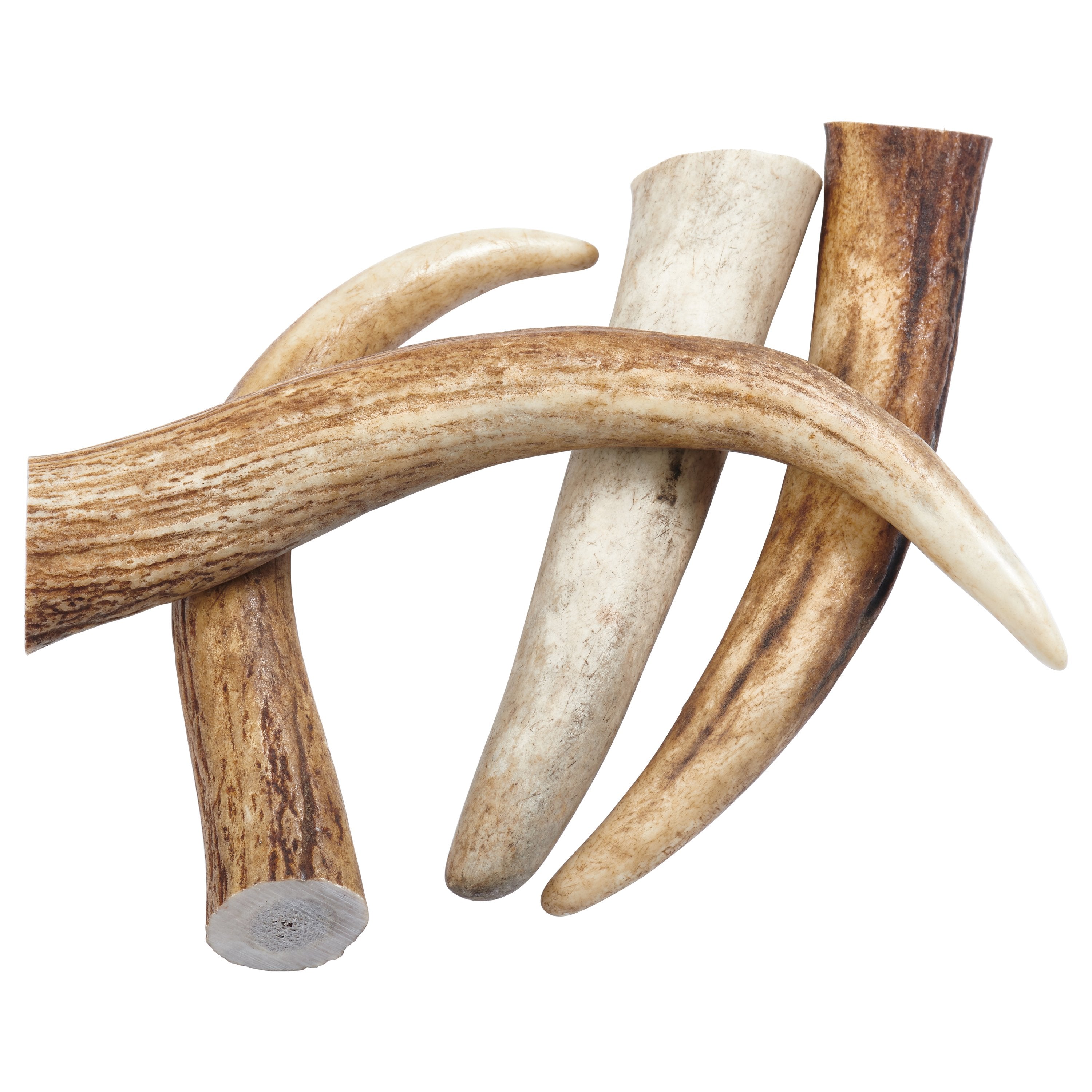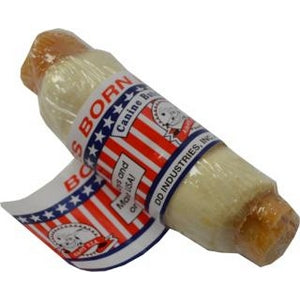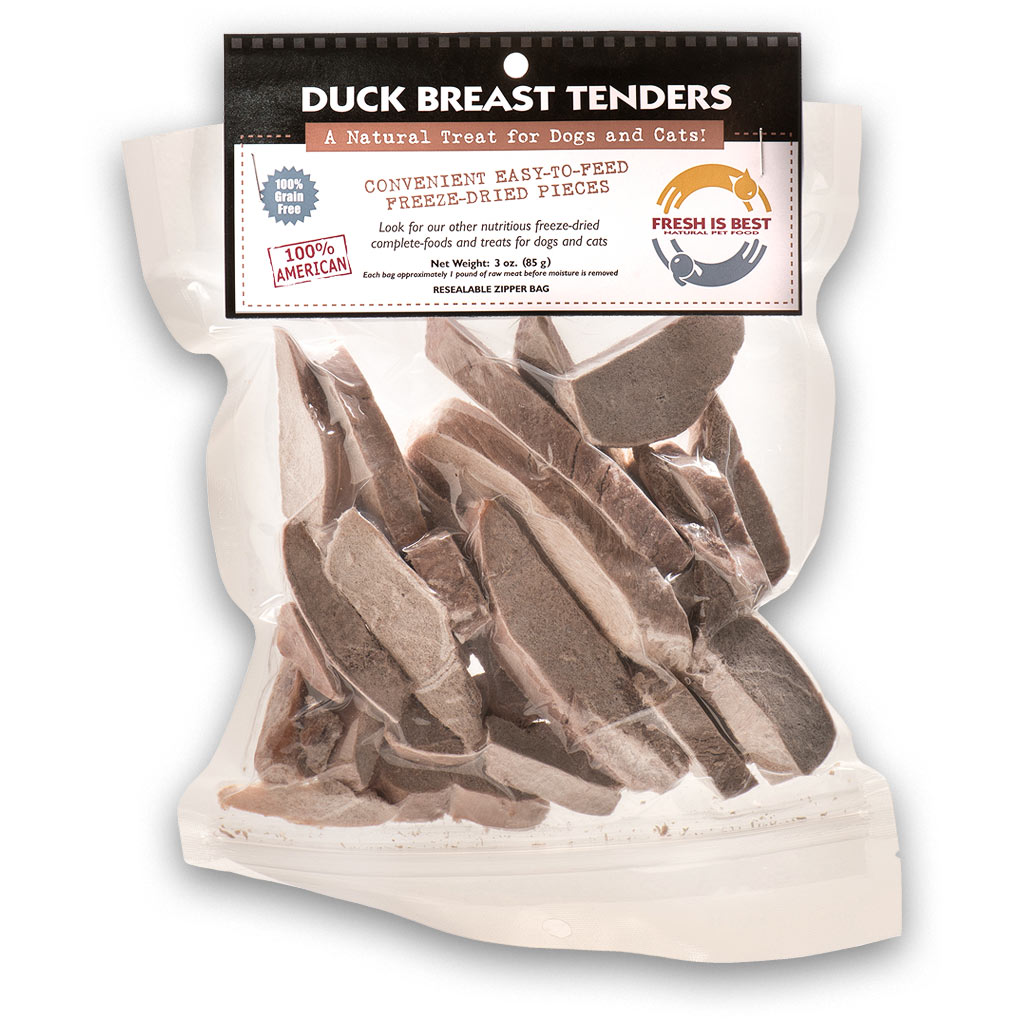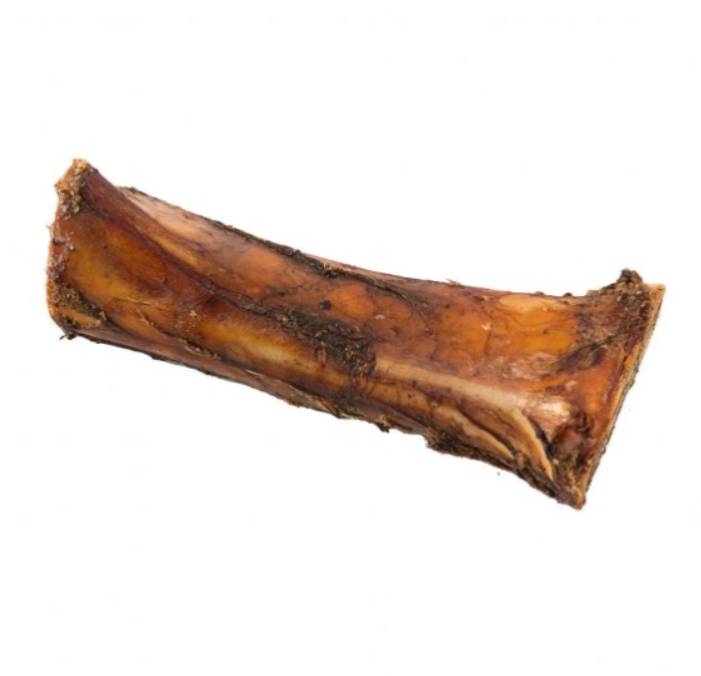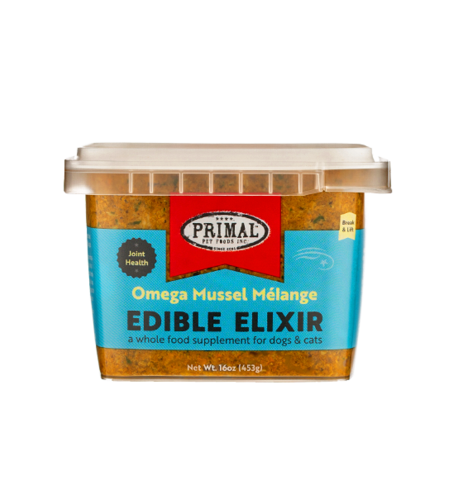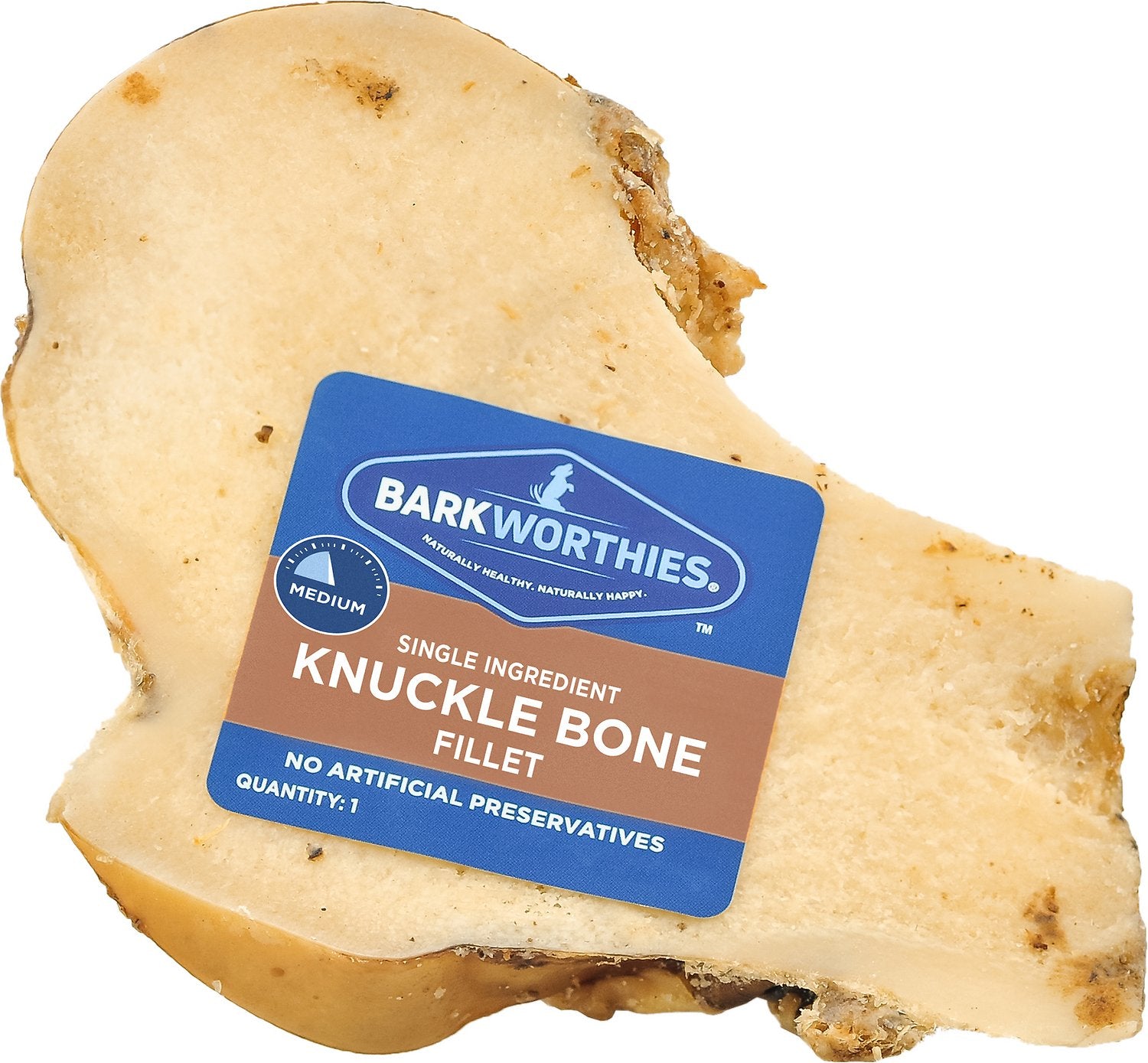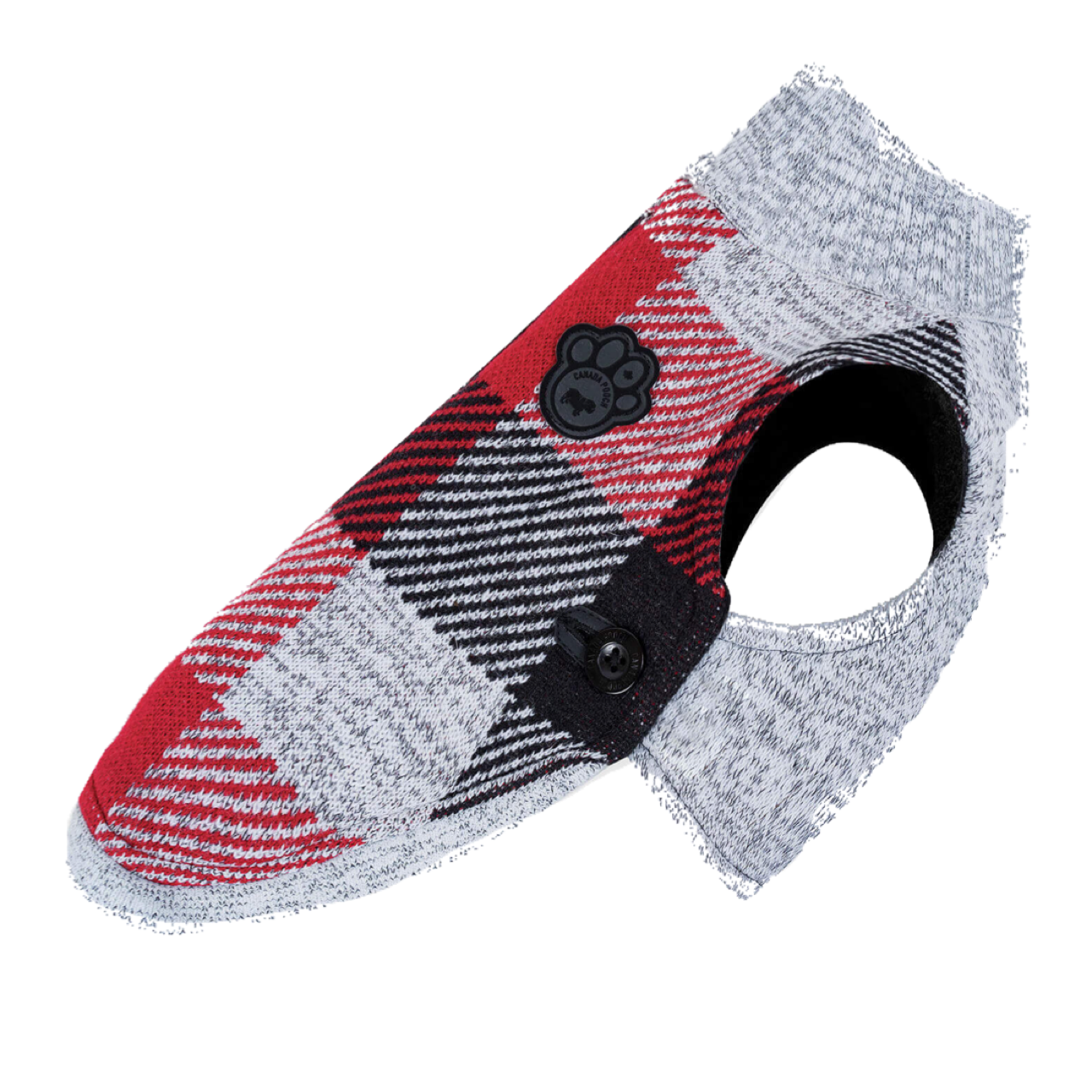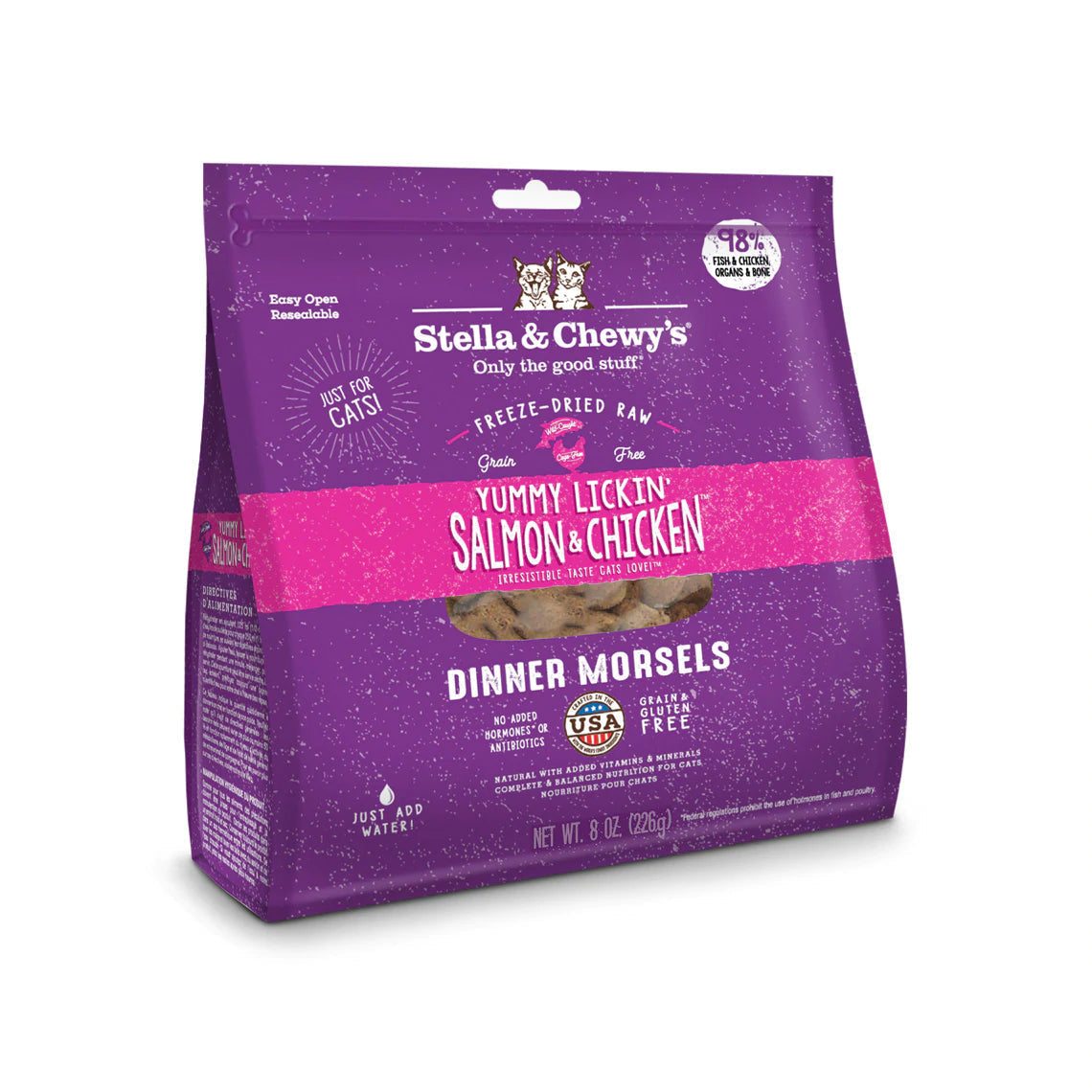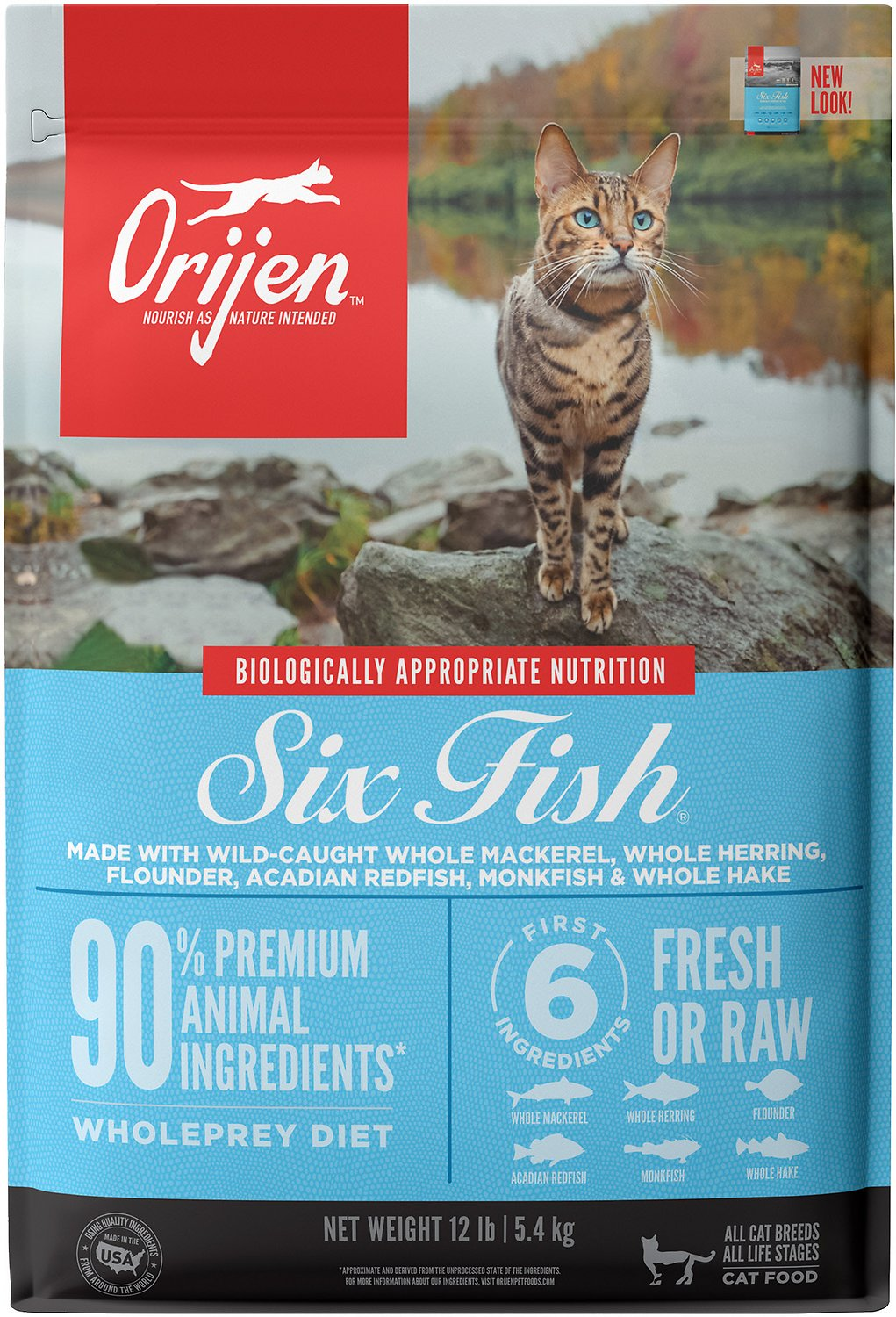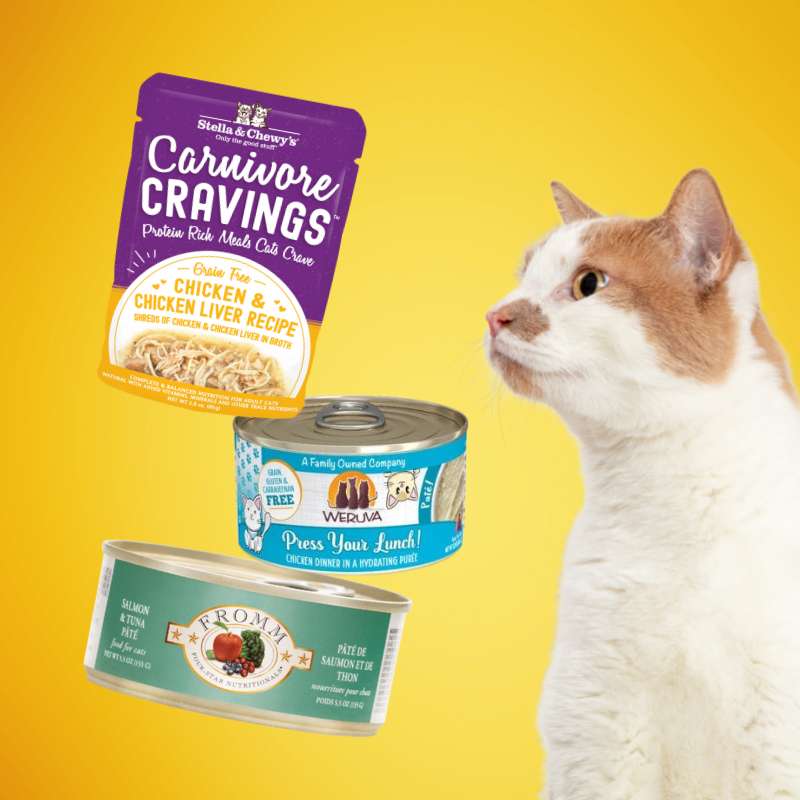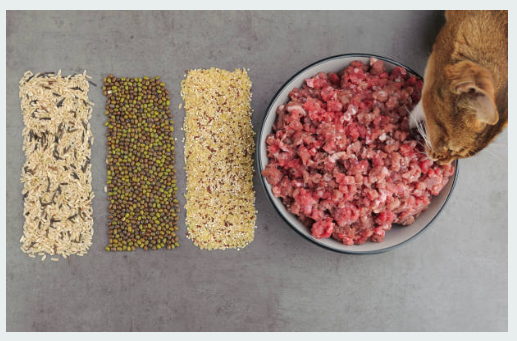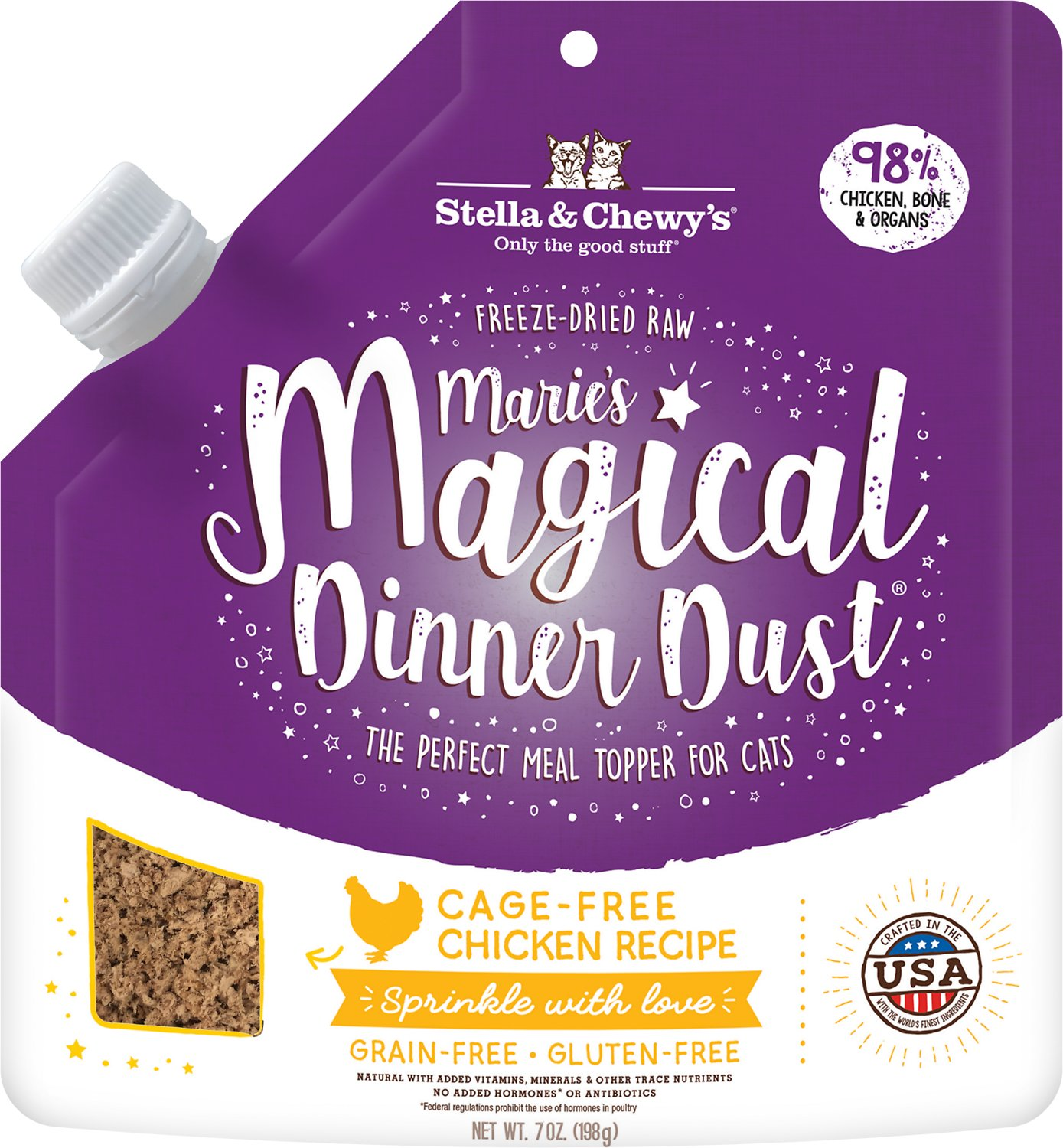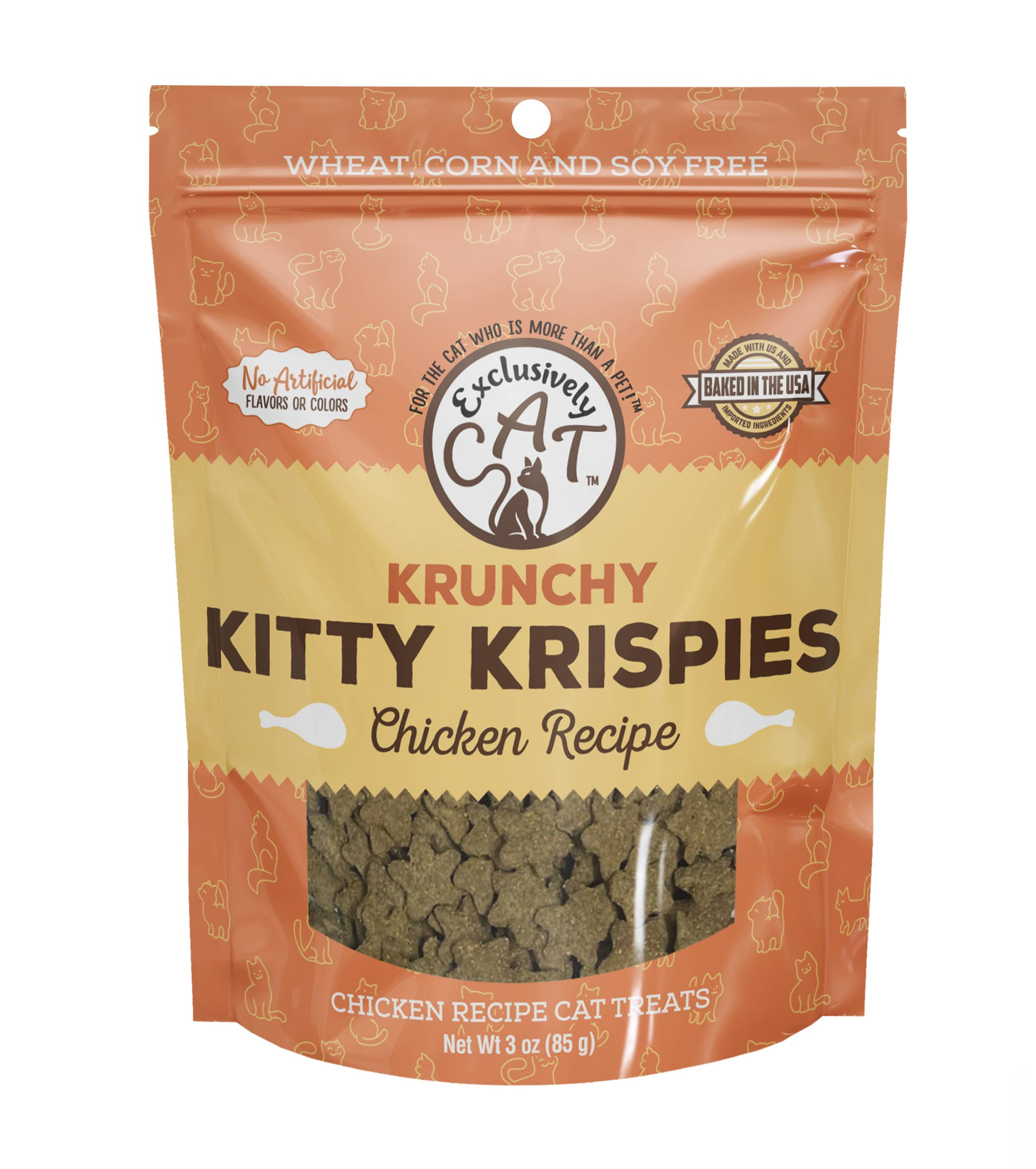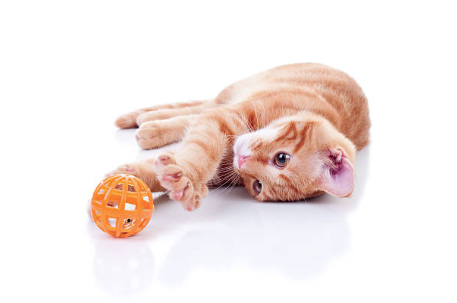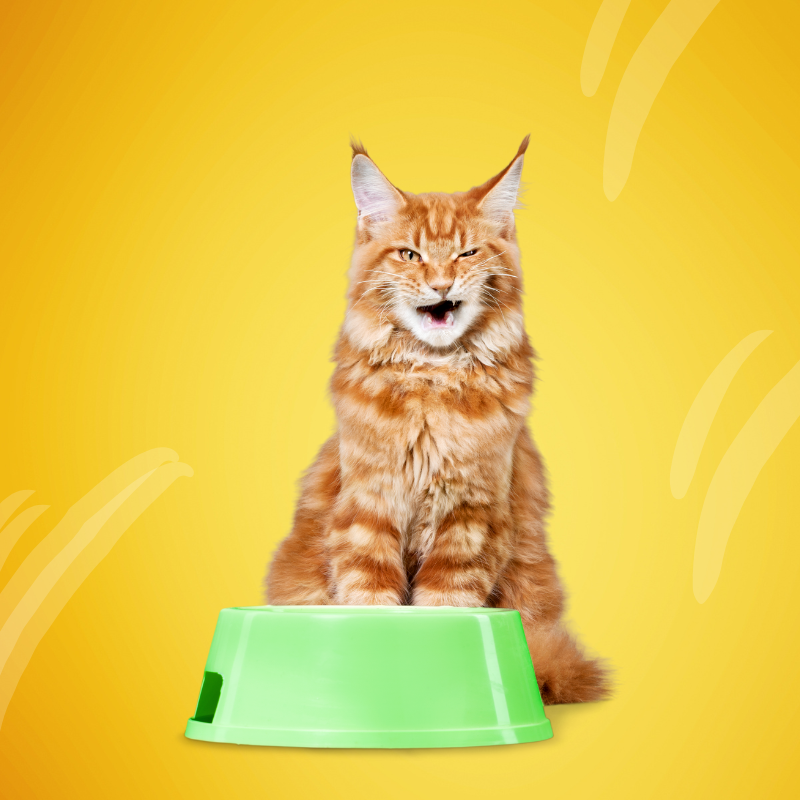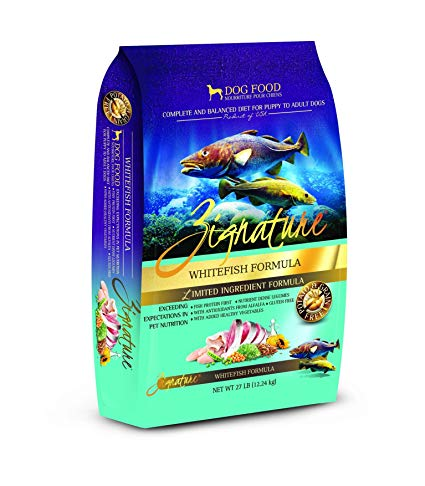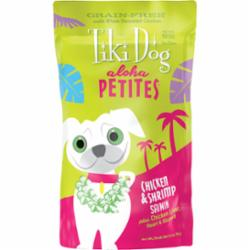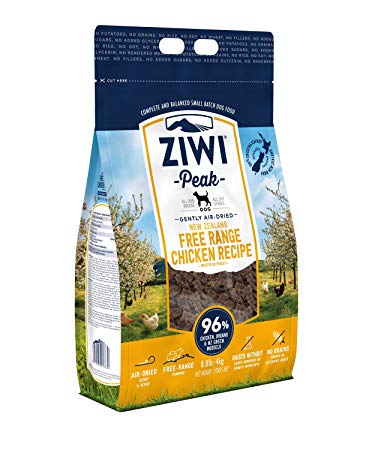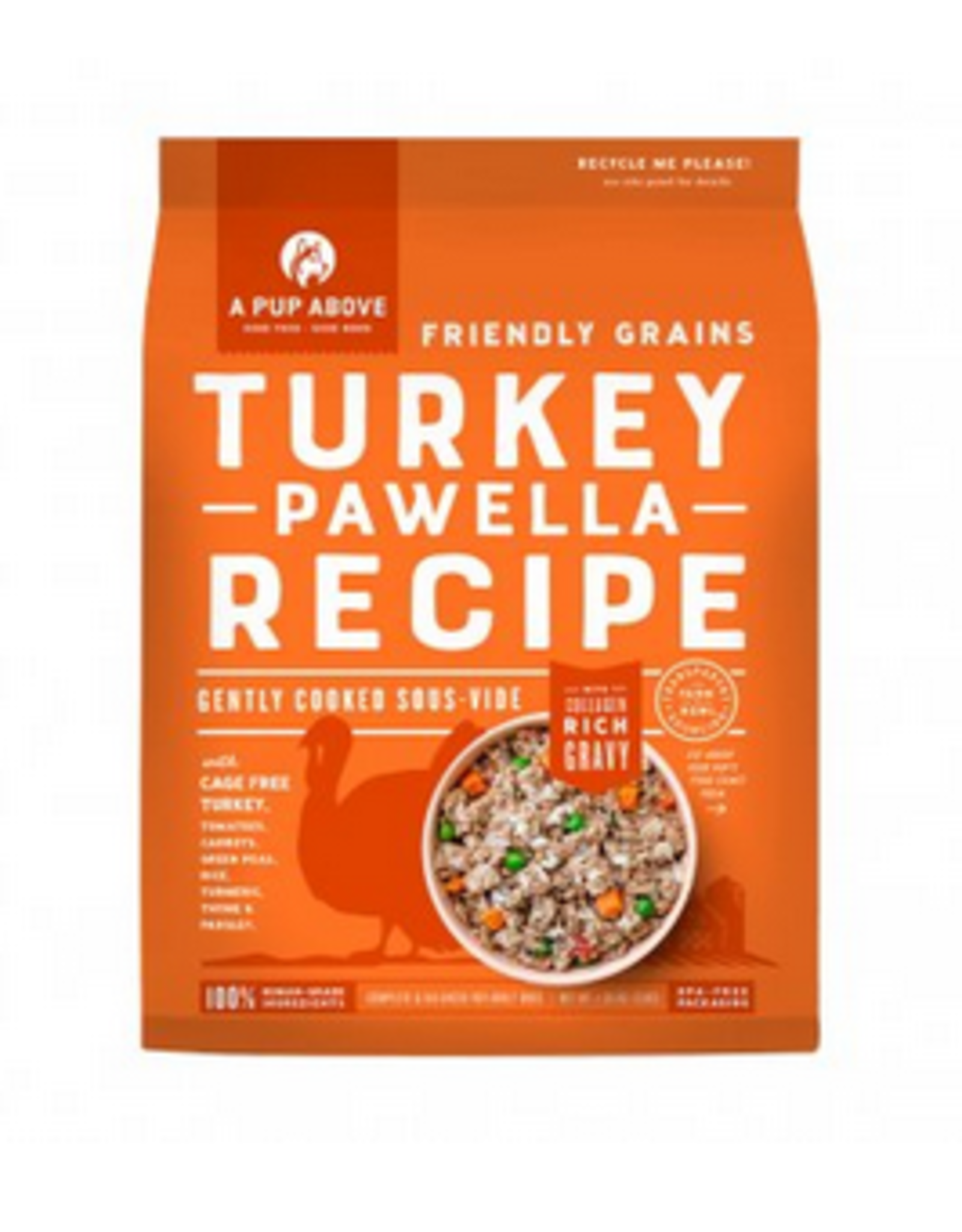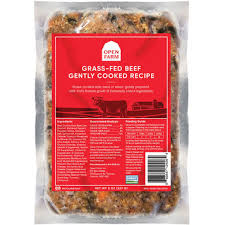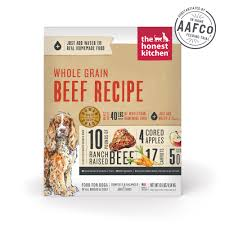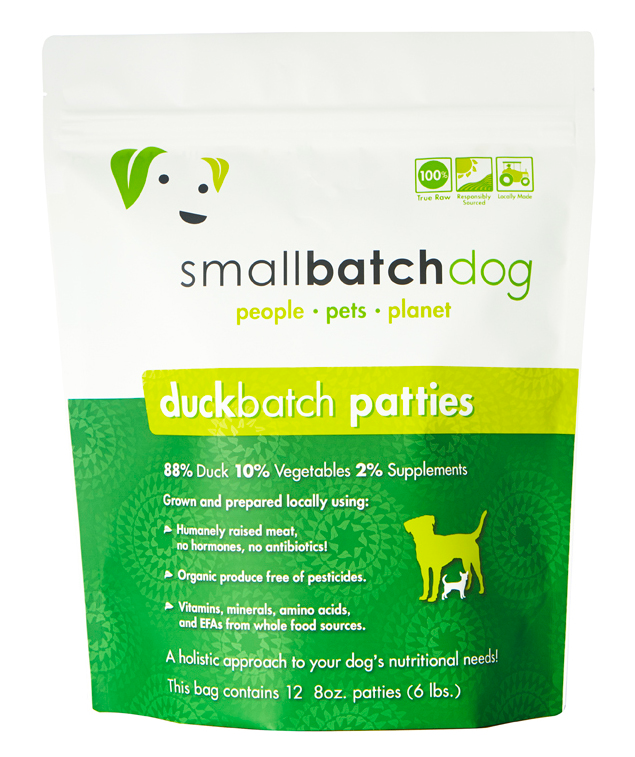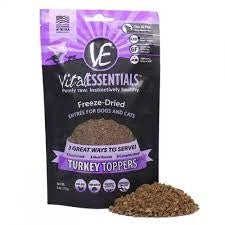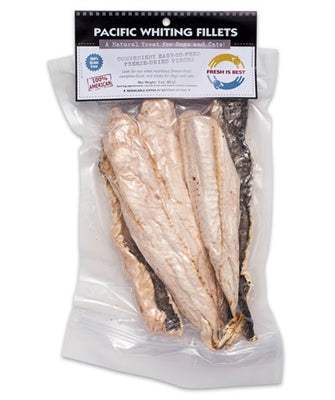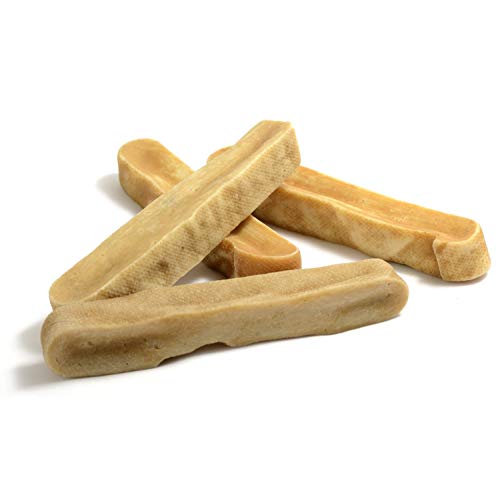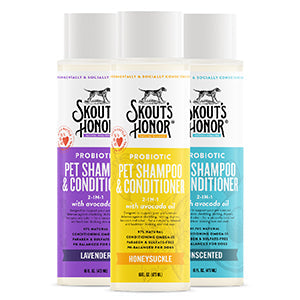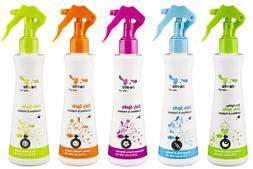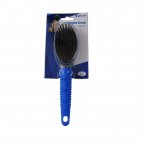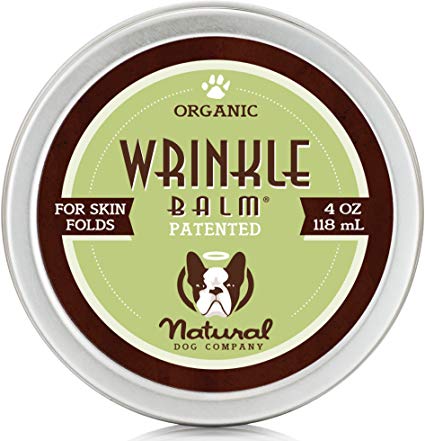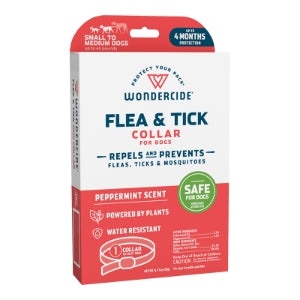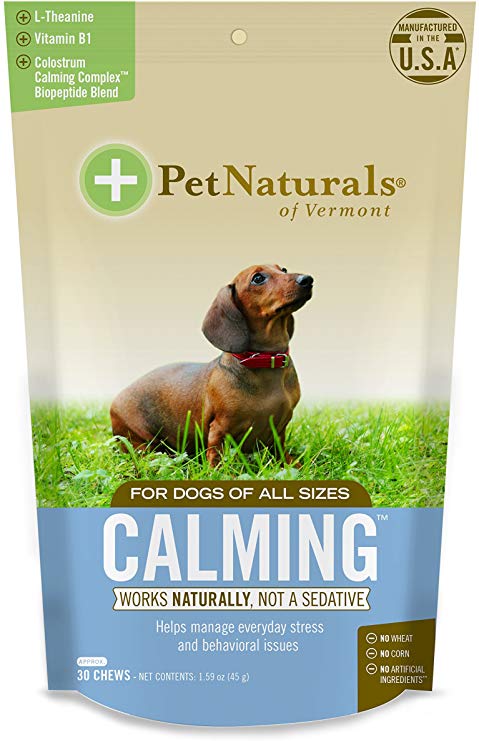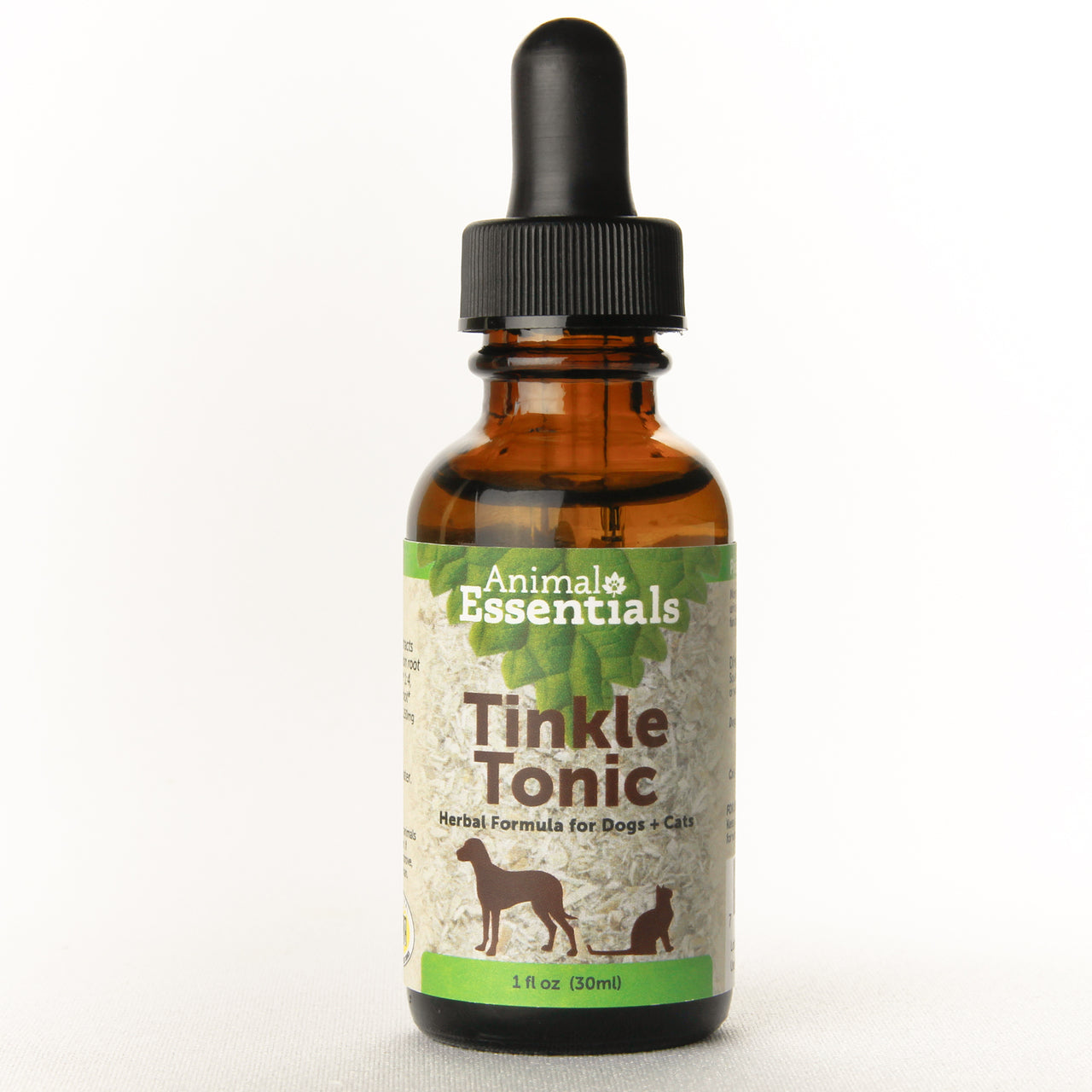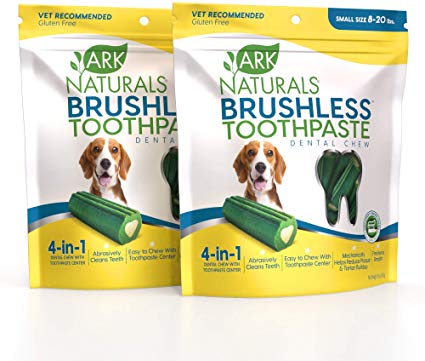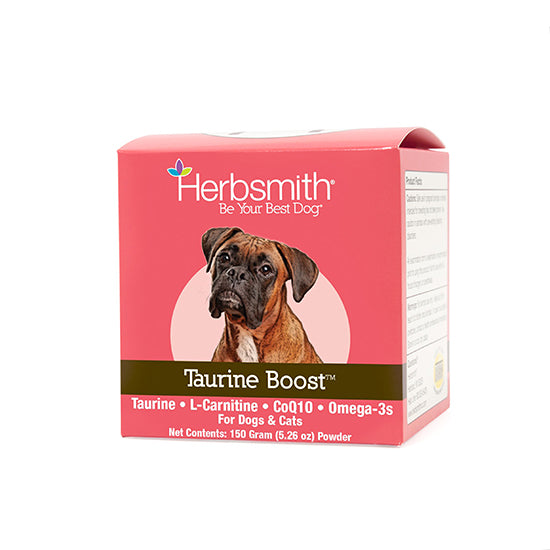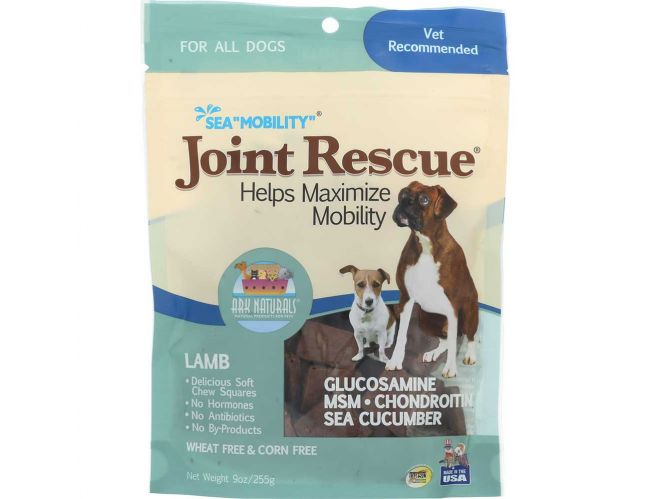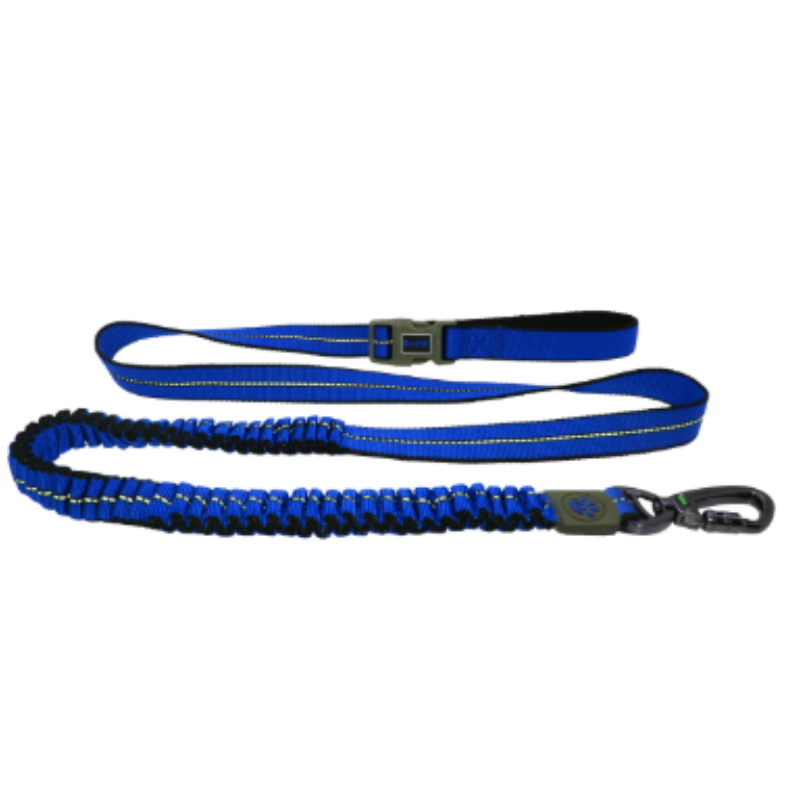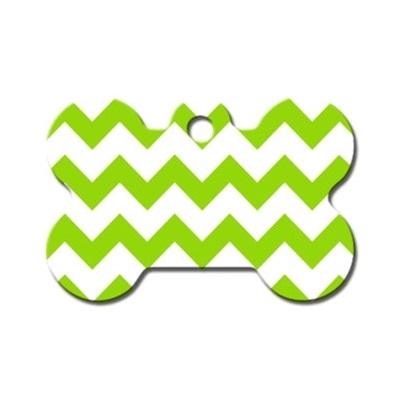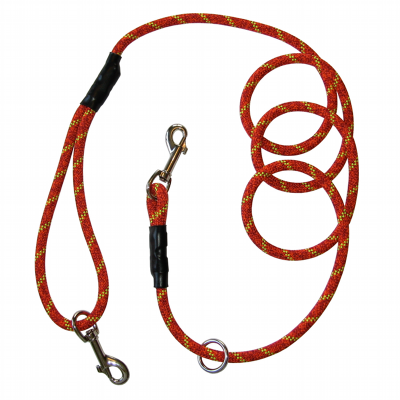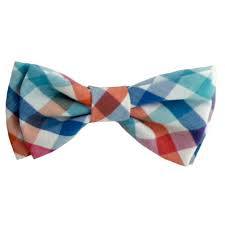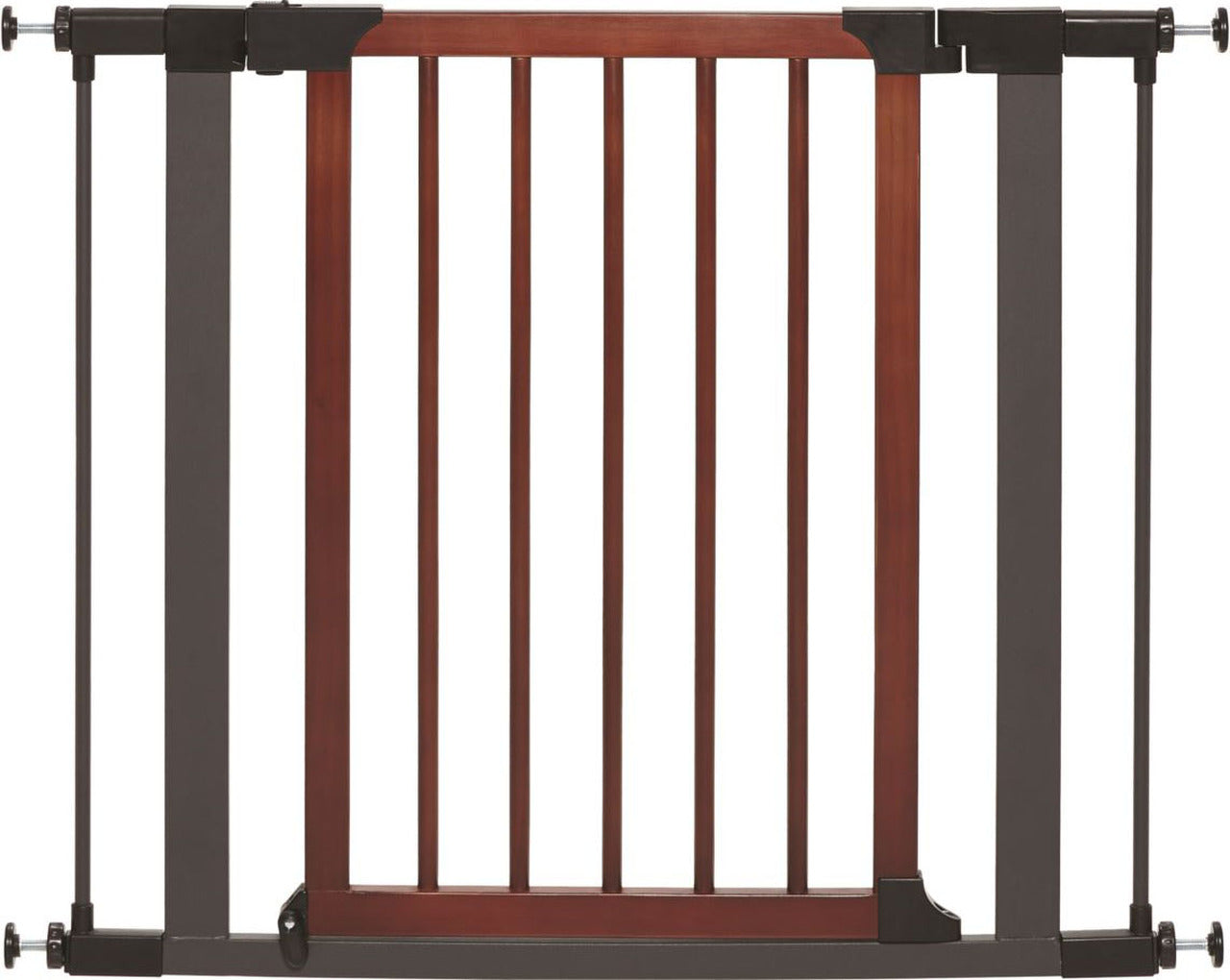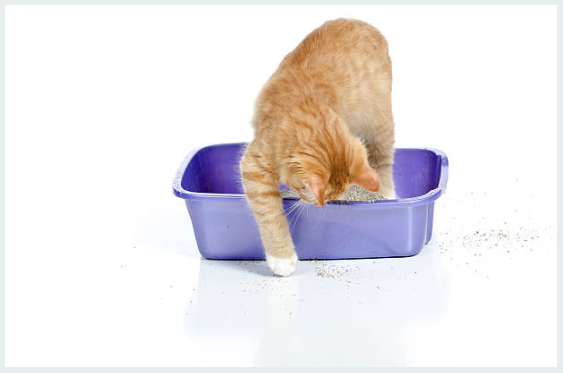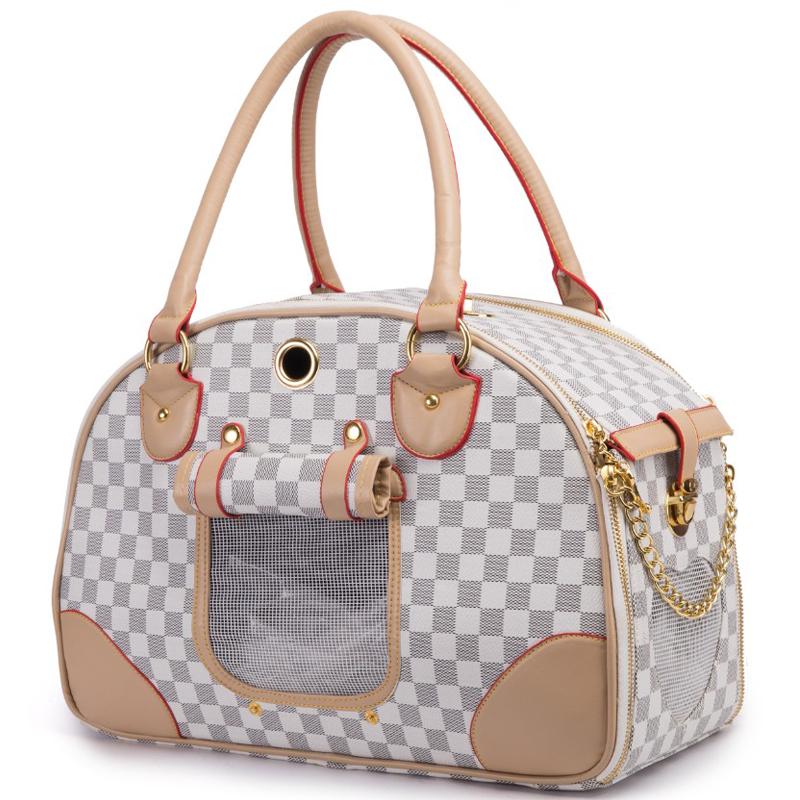When it comes to cat care, one key aspect that every cat owner should consider is understanding the nutritional needs of their feline companions. Whether you have an indoor cat that lounges around the house or an adventurous outdoor cat exploring the great outdoors, their diet plays a vital role in their overall health and well-being.
Indoor Cats: Unique Nutritional Requirements
Indoor cats tend to have a more sedentary lifestyle compared to their outdoor counterparts. As a result, their nutritional requirements differ in some aspects. Indoor cats may be prone to weight gain if their diet is not carefully managed, leading to health issues such as obesity and diabetes.
1. Protein-Rich Diet
Protein is an essential component of a cat's diet, providing the necessary amino acids for their overall growth and maintenance. Indoor cats can benefit from a protein-rich diet to support their muscle health and energy levels, while also aiding in weight management.
2. Controlled Caloric Intake
Since indoor cats are less active, it's crucial to monitor their caloric intake to prevent excessive weight gain. Opt for high-quality cat food that is specifically formulated for indoor cats, taking into account their lower energy expenditure.
Outdoor Cats: Thriving in the Wild
Outdoor cats lead a more active lifestyle that involves hunting, climbing, and exploring their surroundings. Their nutritional needs are influenced by their higher energy expenditure and the natural behaviors they exhibit in the outdoors.
3. Balanced Diet for High Energy Requirements
Outdoor cats require a well-balanced diet that can support their high energy levels. Look for cat food that provides a mix of protein, fats, and carbohydrates to fuel their active lifestyle and meet their nutritional demands.
4. Essential Nutrients for Mobility
Outdoor cats often engage in physical activities that require strong muscles and joints. Ensure that your outdoor cat's diet includes essential nutrients such as omega-3 fatty acids and glucosamine to support mobility and joint health.
Common Nutritional Considerations for All Cats
While the nutritional needs of indoor and outdoor cats differ to some extent, there are certain aspects that apply to all cats, regardless of their lifestyle.
5. Adequate Hydration
Cats are notorious for being dehydrated, so it's essential to provide them with access to fresh water at all times. Consider incorporating wet cat food into their diet to increase their water intake and promote proper hydration.
6. Quality Cat Food
Investing in high-quality cat food is crucial for meeting your feline companion's nutritional requirements. Look for cat food that contains real meat as the primary ingredient, avoiding fillers and artificial additives that offer little to no nutritional value.
Supplements for Optimal Health
In addition to a balanced diet, certain supplements can further enhance your cat's health and well-being, regardless of whether they are indoor or outdoor cats.
7. Omega-3 Fatty Acids
Omega-3 fatty acids play a vital role in supporting your cat's immune system, heart health, and skin condition. Consider supplementing your cat's diet with omega-3 fatty acids derived from fish oil to promote overall wellness.
8. Probiotics for Digestive Health
Probiotics are beneficial bacteria that support your cat's digestive system and immune function. Introducing probiotic supplements or probiotic-rich foods can help maintain a healthy gut flora in your feline friend.
Age-Appropriate Nutrition
As cats age, their nutritional requirements may evolve, requiring adjustments to their diet to accommodate their changing needs.
9. Senior Cat Formulas
Senior cats benefit from specially formulated cat food that addresses issues such as joint health, dental care, and weight management. Consider transitioning your aging feline to a senior cat formula to support their overall well-being.
10. Kitten Nutrition
Kittens have unique nutritional needs to support their rapid growth and development. Look for kitten-specific formulas that provide essential nutrients such as DHA for brain development and high-quality protein for muscle growth.
Creating a Balanced Diet for Your Cat
Ensuring that your cat receives a balanced diet tailored to their lifestyle and life stage is key to promoting their health and longevity.
11. Consult Your Veterinarian
Consulting with your veterinarian is essential in determining the most suitable diet for your cat. Your vet can offer valuable insights based on your cat's individual needs, helping you make informed decisions about their nutrition.
12. Monitoring Your Cat's Health
Regularly monitoring your cat's weight, energy levels, and overall well-being can provide valuable feedback on their diet's effectiveness. Make adjustments as needed to ensure that your cat remains healthy and happy.
Incorporating the right nutrition into your cat's diet is a cornerstone of responsible pet ownership, supporting their health and vitality. By understanding the unique nutritional needs of indoor and outdoor cats, you can make informed choices that cater to your feline companion's well-being.
Remember, a well-fed cat is a content cat!



